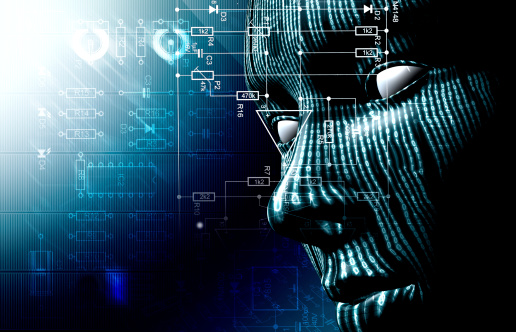
The future of recruitment part 2: bias, data and diversity
In my last blog, I talked about virtual meeting and interviewing, which seemed to generate quite a bit of debate. Following on from that, I’ve written another post on the future of recruitment theme; this time taking a look at bias, data and diversity.
Could data science help us get the bias out of recruitment?
Long ago, when Instagram was brand new (time now moves 4x faster than a decade ago I’ve discovered) matching was going to be the new way to hire candidates.
You wouldn’t need to talk to anyone, your computer would just spit out the people you should interview (or hire, depending on the role) because all the hard work of selection would be done for you. It would be cleverly based on skills, keywords, synonyms and antonyms, matching all the requirements of the job to the best people on the market.
Trouble is, hiring is about people
People recruit in the image of themselves (unspoken, of course) or if they are hiring on behalf of a company, the image of what they perceive the company to be. They make judgements on candidates’ personalities and capabilities, some in a thorough and methodical way and some not so. Similarly, candidates make judgements about employers – initially on the brand, but post-interview that judgement is redirected to the interviewers themselves.
And when people meet people, inevitably they judge. With bias. So the clinical, code-led matching was a little disappointing and the promises we were made just didn’t seem to materialise.
Bias is alive and active
We can all cite events that tell us that bias is very much alive. It’s everywhere, and deep seated in most people’s psyche. However, nowhere does bias manifest itself more clearly than in recruitment. Hiring managers will try to “draw the lines” before they even start, illegally in some cases. “Oh I didn’t realise I couldn’t ask that”, illustrates exactly that their real, deep seated motivation is to employ their bias unless legislation tells them they can’t do that. Overtly anyway.
How could data science help?
Dealing with that automatic bias in people responsible for hiring is extremely difficult, even if its existence is known and understood. Is there an opportunity for data science to remove some of that early bias? We know matching is moving fast, looking far beyond the obvious in terms of skills, location, salary and interests. The algorithms that the cleverer companies are developing will look at a significantly broader data set than previous matching options plus the human eye, including behaviour across a much wider range of parameters.
Nobody wants to make this too clinical; when the offer is made the two parties should be happy they have made the right choice and that’s definitely best achieved face to face! What I am saying though, is could the improvement of matching move us a step closer to hiring more people based on their actual capability and reducing or removing some of that old poisonous bias? What else could or should be done in the hiring and recruiting community – until we reprogram our brains…
I look forward to hearing your thoughts! In the meantime, here are some other similar blogs that I’ve recently authored:






